Rio Olympics: Australian sports bodies fall out
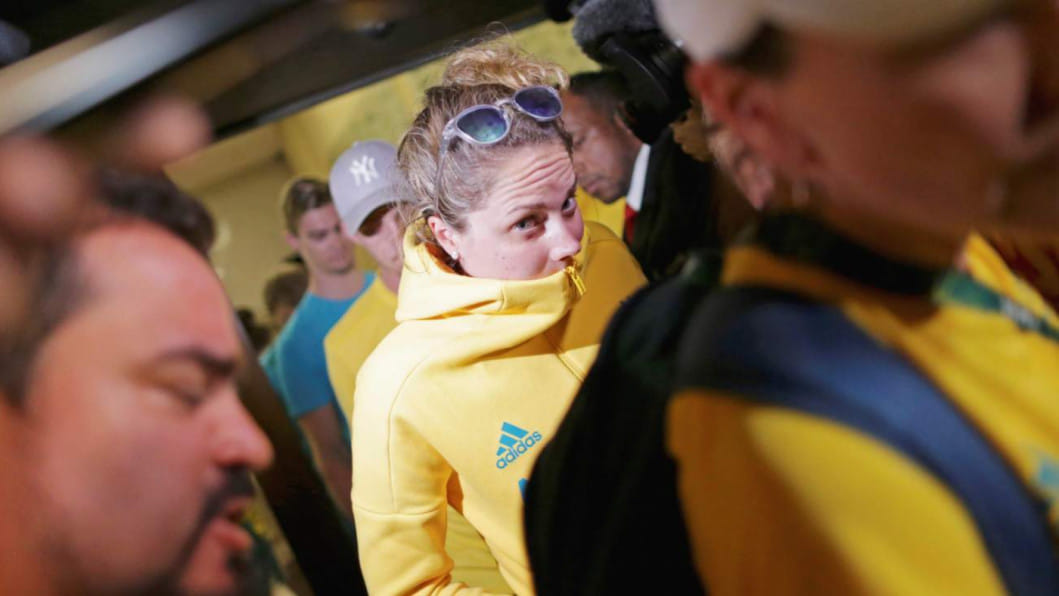
A split has developed between Australia's two peak sports bodies in the wake of the nation's underwhelming results at the Rio Olympics, reports said Saturday.
Heading into the final day of competition in Brazil, Australian athletes have won eight gold medals, half of what was hoped for, with the country lying eighth overall on the medals standings.
Relations between the Australian Olympic Committee and the government-funded Australian Sports Commission (ASC) have often been troublesome but reports say the fracture this time has the AOC's president John Coates opposed to ASC head John Wylie drafting businessmen as heads of Olympic sports.
Coates says the policy of installing top businessmen as the heads of Olympic sports has failed, together with the "Winning Edge" strategy of targeting selected sports with special funding.
"The corporate model of having leaders of Olympic sports who are connected to the top end of town, such as Swimming Australia's John Bertrand and Cycling Australia's Malcolm Speed, has failed," he told Fairfax Media.
"It is okay to have these business-oriented men on the board of Olympic sports, but not as president."
Highly ranked swimmers were at the vanguard of Australia's medal hopes in Rio but came away with just three gold, something commentators said exposed the vulnerability of the Winning Edge programme.
Winning Edge is a 10-year programme to restore Australia to top-five status in Olympic sports, after the nation's eighth place at the London Games in 2012, by placing the sports in charge of their own destiny.
In order to provide more funding for these key sports, such as swimming, rowing, cycling and sailing, at a time when the Australian government has cut its funding, the ASC pulled more than Aus$25 million out of the commission and its high-performance arm, the Australian Institute of Sport.
Coates is also reported to have concerns that the Winning Edge formula was too restrictive and not conducive to expanding the number of sports in which Australia can claim medals.
Wylie has told Australian press he would not comment publicly on the nation's failure to reach Winning Edge's target of a top-five nation finish, preferring to address the disappointment at a more dispassionate time.
ASC chief executive Simon Hollingsworth told Fairfax Media: "The focus at the moment should be on the team's performance as we head into the final days of the Games and the ASC will be reflecting on the overall outcome and where to from here after the Games have finished."
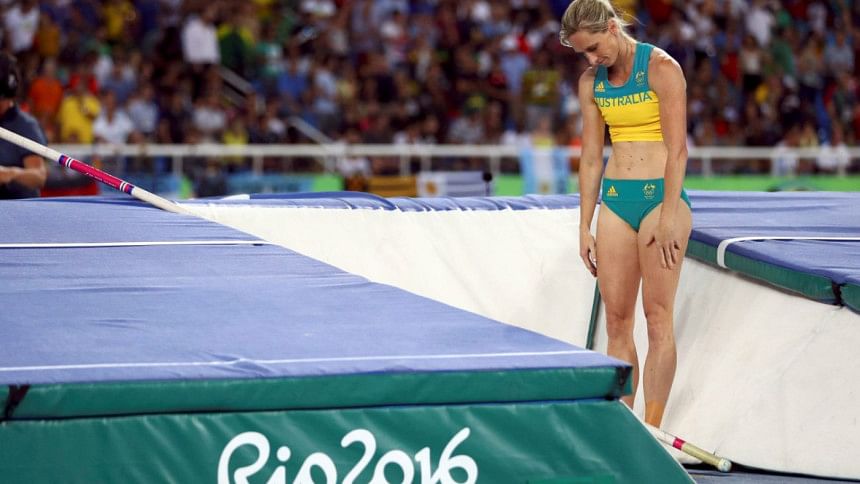




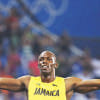
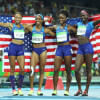
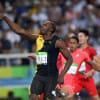
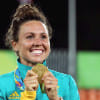



Comments